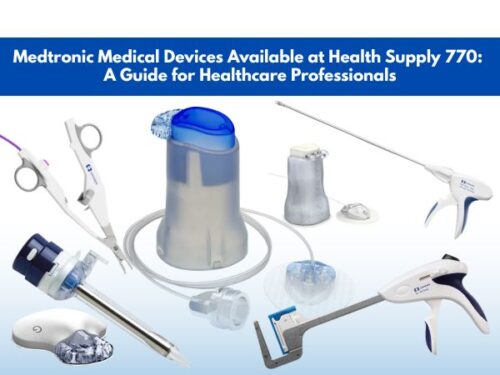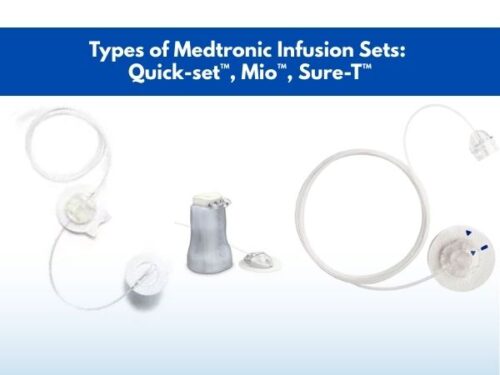FDA warns against using contaminated eye drops sold by major retailers: What you need to know

On the 25th of October, the Food and Drug Administration (FDA) recommended a massive recall of several eye drops batches from the market. The decision came after unsatisfactory results were obtained from certain manufacturing facilities in notable pharmaceutical companies. A thorough investigation was conducted to check the level of sanitation in these manufacturing plants by employing tests for environmental evaluation as well as bacterial bioburden. The alarm went off when many of these plants were not found ‘sterile’, a state of being microbe-free which is considered necessary for the preparation of sterile medical products such as eye drops. In a following warning, the FDA has also advised consumers not to purchase any of the listed products. Let us look into the brands that are to be avoided and what can be done instead in case of an eye infection.

Brands to Avoid after FDA Warning
The FDA has warned against the purchase and consumption of 26 over-the-counter eye drop products that belong to the following brands:
● CVS Health
● Rite Aid
● Target Up & Up
● Velocity Pharma
● Leader (Cardinal Health)
● Rugby (Cardinal Health)
● Walmart Equate
Importance of Sterile Manufacturing Facilities
The impact of microbial contamination on the medical equipment and supplies industry is undeniable. As a medication administered via the conjunctival route can bypass almost all of the bodily defenses, it is likely that a microbe present in the administered formulation to go deeper into the eye tissue and start an infection.
Previously, in the current year, 14 people have experienced loss of vision. Another 4 patients who were severely affected had eyeball removal surgery while another 4 died due to critical eye infections. Therefore, to eliminate these risks, the manufacturers have to comply with the pre-set guidelines by the United States Pharmacopoeia (USP).
Along with the necessary facilities regarding the instruments, good manufacturing practices are also inclusive of the ways by which the raw material is handled, mixed, and converted into a pharmaceutical product.
Potential Risks of Using Contaminated Eye Drops
According to the Centers for Disease Control and Prevention (CDC), contaminated eye products, such as eye drops, can become the source of infection-causing bacteria which may result in:
● Eye pain and discomfort
● Blurred vision
● Light sensitivity
● Watery discharge from the eye
● Redness of the conjunctiva
● Inflammation of the eyelids or the eye
● Grittiness
● Vision loss
● Blindness

Disposing of the Contaminated Eye Drops
If you are using any of the enlisted products by the FDA, it is essential to discard the item as per the guidelines. It is best to throw away the tightly closed bottle at a drug take-back site. If it is not possible to do so, the product should be flushed down the toilet or put in the household trash.
However, before doing so, one should go through the FDA’s flush list to make sure their particular product can be disposed of this way. Your retailer might give a refund as well so it is advisable to make a contact. If you have been using the product in question, it is better to keep looking for the symptoms of an eye infection. If present, the assistance of a healthcare provider should be sought immediately.
Signs of an Eye Infection-What to Do?
If you have an eye infection, applying some of the following methods might prove to be helpful:
– Applying a warm compress to the eye helps reduce pain. For this purpose, dip a clean towel in warm water and press it gently on the affected eye.
– Using the aqueous extract of the eyebright herb as an eye wash is traditionally considered helpful in relieving the symptoms associated with an eye infection.
– Rinsing the eye with saline solution can also alleviate the infection.
– Use of honey eye drops is also recommended owing to the anti-inflammatory and anti-microbial properties of honey.
– Chamomile tea bags, when kept on the eye, have been proposed to reduce swelling.
If, after employing initial home remedies, the symptoms associated with the eye infection do not subside, immediately contact your healthcare provider.
Management of Eye Infections by a Healthcare Professional
As a healthcare provider, you might see a number of patients who have contracted eye infections after using contaminated eye drops. In this case, it is advised to look for the signs and symptoms of the disease with the aim of identifying the causative agent of the infection.
Appropriate doses of the most suited antibiotic should be prescribed which can be administered in the form of eye drops, ointments, and eye creams. The patient should be checked from time to time to evaluate the efficacy of the prescribed medications.
In addition, the possibility of worsening of the infection can also be ruled out if proper care is taken during the treatment period.

A variety of medical instruments and equipment, along with many other medical supplies, can be purchased from Health Supply 770, a reliable name when it comes to medical products. They have a 30-day money-back guarantee and provide your products to you in the shortest possible time.
Conclusion
Like the previous ones, the recent warning issued by the FDA has advised consumers against the purchase and use of certain eye drops as there is ample evidence to suggest the likelihood of bacterial presence in these products.
It is also advised to discard any of these medications if already in possession and their use should be discontinued at once. The eye, being one of the most sensitive body parts, gets infected easily and is hard to treat.
Therefore, caution is to be practiced in the present case as well as whenever a serious alert has been issued by the FDA in favor of keeping the public health aims intact.
References



















